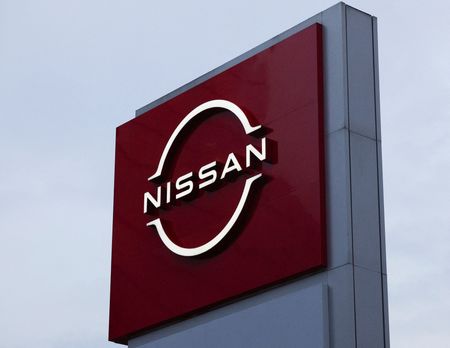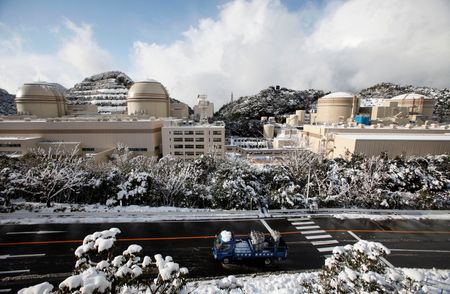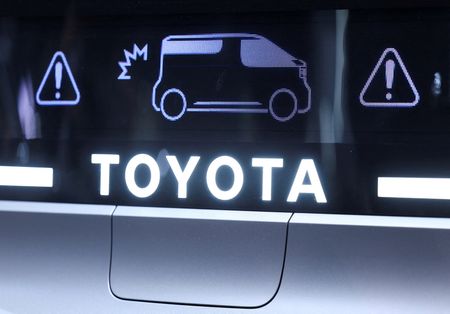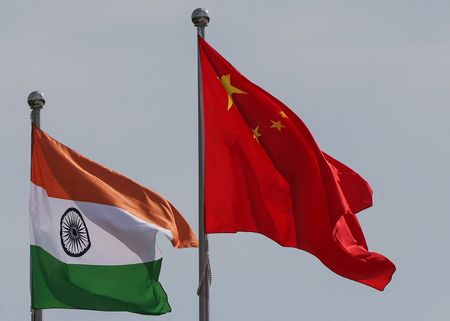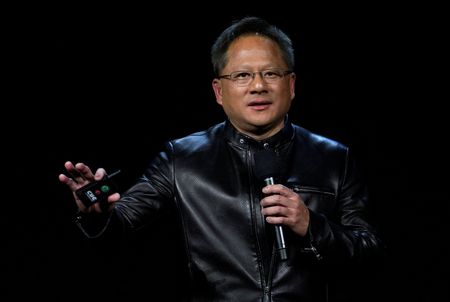By Yuka Obayashi
TOKYO (Reuters) -Japan’s Sojitz has begun importing heavy rare earths from Australia’s Lynas Rare Earths, Sojitz said on Thursday, the first such imports produced from Australian ore separated and refined in Malaysia.
The move aims to help Japan secure supplies of key materials used in electric vehicles and renewable energy from sources other than China, which dominates the market.
As Beijing tightens export controls on critical minerals, Japan, the United States, and their allies have been working to build supply chains outside China.
“We’ll continue promoting diversification of the rare earth supply chain and contribute to a stable supply of critical materials,” Sojitz CEO Kosuke Uemura told reporters.
The company declined to disclose import volumes or prices.
U.S. President Donald Trump and Japanese Prime Minister Sanae Takaichi this week signed a framework agreement to secure the supply of critical minerals and rare earths through mining and processing.
Sojitz, with the state-owned Japan Organization for Metals and Energy Security, signed an exclusive sales deal with Lynas in 2011 for light rare earths such as neodymium used in magnets for the Japanese market.
They have since made multiple investments and provided financing to Lynas. In 2023, they secured supplies of heavy rare earths dysprosium and terbium, used in magnets.
“Through our partnership with Lynas, we have built a robust supply chain network,” Uemura said, noting that Sojitz has a market share of more than 70% of neodymium sales in Japan.
Sojitz has also established mass production systems for medium and heavy rare earths, scarce elements essential for next-generation energy and EV motors, in collaboration with Lynas, Uemura said.
Beyond rare earths, Sojitz is exploring the feasibility of producing gallium with Alcoa at the U.S. company’s alumina refinery in Western Australia. Gallium is a critical mineral for semiconductor and defence technologies and is subject to China’s export controls.
Uemura said that government subsidies were needed, adding that China’s dominance distorts market mechanisms, sometimes making prices economically irrational relative to costs such as mining, separation, and wastewater treatment.
(Reporting by Yuka Obayashi. Editing by Clarence Fernandez and Mark Potter)


